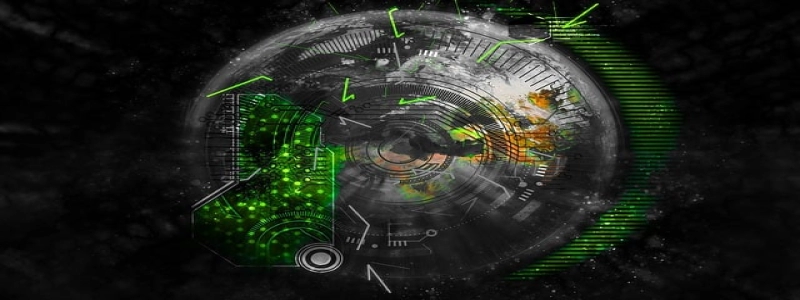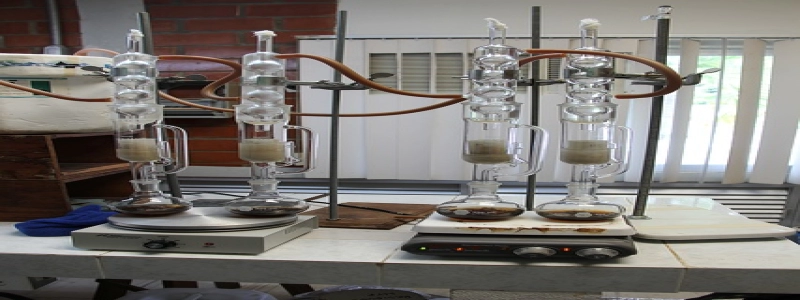Ethernet Fiber Extender
Introduction:
In today’s fast-paced technological era, businesses rely heavily on a stable and high-speed internet connection. Ethernet fiber extenders play a vital role in extending the reach of Ethernet networks over long distances by utilizing fiber-optic cables. This article aims to explore the features and benefits of Ethernet fiber extenders in detail.
1. What is an Ethernet Fiber Extender?
An Ethernet fiber extender is a device that enables the extension of Ethernet network connections beyond the typical distance limitations of copper cables. It utilizes fiber-optic cables to transmit data over longer distances without any loss of signal strength or speed.
2. How does an Ethernet Fiber Extender work?
An Ethernet fiber extender consists of two units – a local unit and a remote unit. The local unit interfaces with the Ethernet switch, while the remote unit connects to the end device. These units are connected via fiber-optic cables. The local unit converts the electrical Ethernet signals into optical signals, which are then transmitted over the fiber-optic cable to the remote unit. The remote unit then converts the optical signals back into electrical Ethernet signals, allowing seamless data transmission over long distances.
3. Key Features of Ethernet Fiber Extenders:
a. Distance Extension: Ethernet fiber extenders can transmit data over distances of up to several kilometers, making them ideal for connecting remote locations or expanding network coverage across large areas.
b. Bandwidth Support: These extenders support high-bandwidth applications, such as video streaming, VoIP, and data-intensive tasks, without any degradation in performance.
c. Enhanced Security: Fiber-optic cables used in Ethernet fiber extenders provide higher security against electromagnetic interference and unauthorized access, compared to traditional copper cables.
d. Easy Installation: Most Ethernet fiber extenders are plug-and-play devices, requiring minimal configuration and no additional software installation.
e. Scalability: These devices allow for easy network expansion by adding additional units as per the requirement, without disrupting the existing network infrastructure.
4. Benefits of Ethernet Fiber Extenders:
a. Cost-Effective Solution: Ethernet fiber extenders offer a cost-effective solution for extending network connections over long distances, eliminating the need for costly infrastructure upgrades or additional network equipment.
b. Future-Proofing: As fiber-optic technology continues to evolve, Ethernet fiber extenders provide a future-proof solution by leveraging the advantages of fiber-optic cables for long-distance data transmission.
c. Improved Performance: By using Ethernet fiber extenders, businesses can ensure high-speed and reliable connectivity across their network, leading to improved productivity and seamless data transfer.
d. Versatility: Ethernet fiber extenders can be used in various industries, including education, healthcare, manufacturing, and finance, to enhance network connectivity and meet the growing demand for increased bandwidth.
e. Eco-friendly Solution: Fiber-optic cables used in Ethernet fiber extenders consume less energy compared to copper cables, resulting in reduced energy consumption and carbon footprint.
Conclusion:
Ethernet fiber extenders provide a reliable, high-speed, and cost-effective solution for extending Ethernet network connections over long distances. With their advanced features and benefits, these devices have become an essential component of modern network infrastructures. By leveraging fiber-optic technology, businesses can ensure seamless connectivity and meet the demands of an ever-evolving digital landscape.








